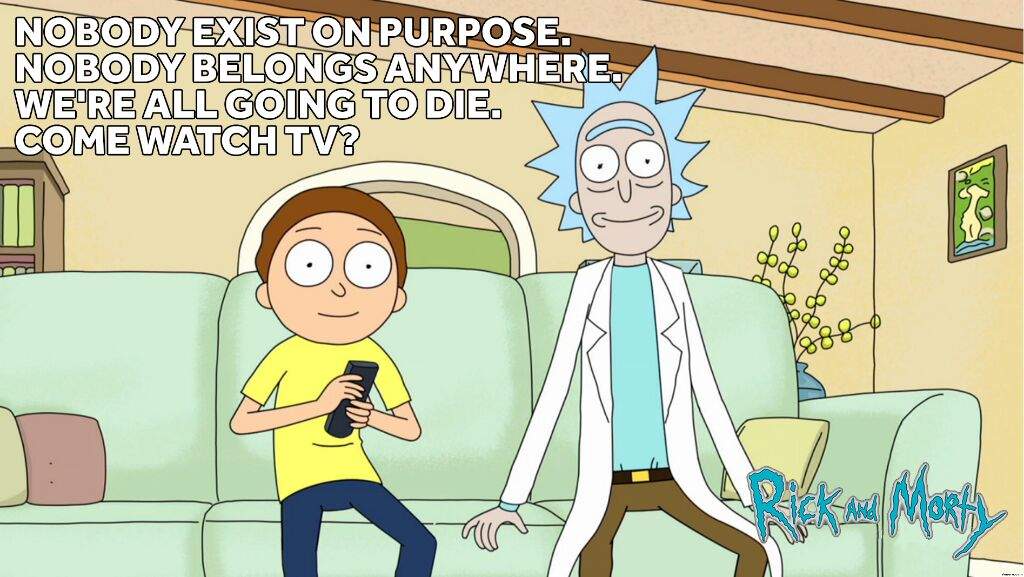The music of Benito Antonio Martinez Ocasio, popularly known as Bad Bunny, features catchy trap and reggaeton rhythms produced by Latin America’s finest. Known for his norm-bending sense of fashion (nail polish, all-seeing eye on his forehead) and highly symbolic music videos, Bad Bunny’s craft and persona speak to the distinct sensibilities of his generation.
In an interview with Complex magazine, El Conejo Malo presents himself as a voice for the ideals of those on the cusp of Gen Y (millennials) and Gen Z (the iGen): he blurs the lines of musical genres, embraces a globalist vision, proudly waves the flag of self-authenticity, and has the audacity to defy the boundaries of gender norms. The content of his lyrics reflect the deep existential conundrum facing those on the cusp. Though often drowned out by the production, the genius of his lyrics deserves greater attention.
As I’ve listened to him since his debut in 2016, I’ve discerned two key themes which speak to the experience of the cuspers.
The first I’ll call an attitude of “optimistic nihilism.” We find this theme in the music of many other popular musicians and in other forms of entertainment (TV shows like Rick and Morty, Black Mirror). Made popular by the German YouTube channel Kurzgesagt, this philosophy states that reality is inherently meaningless.

Will Schoder, another YouTuber, attributes this attitude to the works of existentialist philosophers like Albert Camus, focusing particularly on his Myth of Sisyphus. Camus compares man’s search for ultimate meaning to the image of Sisyphus attempting in vain to push a bolder up a hill. No matter how close he gets to the top of the mountain, the boulder always manages to roll right back down. The attempts of religion, philosophy, and science to reach something “beyond” ourselves ends in nothing, really. It’s better to accept that life has no ultimate meaning or greater purpose, there is no truth beyond this realm…and if it does exist, we will never find it. Thus asking the “big questions” about life, what it means and how it works, it a waste of time more than anything.

Instead, we should fill our time with making our own meanings. We should spend time with people whose company we enjoy, doing things that are fun and entertaining. Chase after money, if that’s what makes you happy. Party, get high, or wasted, or both…watch a movie with friends and eat Doritos. At the end of the day, whatever makes you feel good and distracts you from the meaninglessness of our existence is good enough. Just don’t hurt anyone in the process.
The ideal of this worldview is contentment, complacency–not overflowing joy or fulfillment, nor sadness or depression. A good portion of Bad Bunny’s songs are about his attempts to maintain this attitude. We could say it makes up the doctrine of his “Nueva Religion”–the New Religion. While it may be presented as a mere marketing ploy, it is more prophetic than it is about profit. Optimistic Nihilism can be said to be La Nueva Religion of this generation on the cusp.
As much as many of his songs promote these beliefs, some of his other songs lament his religion’s logical fallacies. Thus the existential conundrum facing the cusp-ers: distract yourself from the meaninglessness of life by doing what feels good in the moment…but what happens when the moment is over, and we are left with that same feeling of emptiness, the need for substantial, lasting meaning? No amount of pleasure, fun, success, or altruistic gestures will be able to fully distract us from that infinitely deep hole in our hearts.
A closer listen to his songs will reveal this back and forth between assent to the New Religion, and moments of doubt and even rebellion. At some moments, he’s fine with a life of pleasure and success. At others, his desperate need to know that he is loved, that the value of his life be recognized by another, is so pervasive that he begins to question his complacency. Like a dark cloud overshadowing the bright glory of his contentment, his faith in the NR starts to crack. That persistent need for love, for objective truth keeps gnawing away at him. He continuously attempts to drown out that voice…but who will have the final say in Benito’s life?
This article is the first in a three part series on Bad Bunny and Optimistic Nihilism. Stay tuned for parts two and three.














